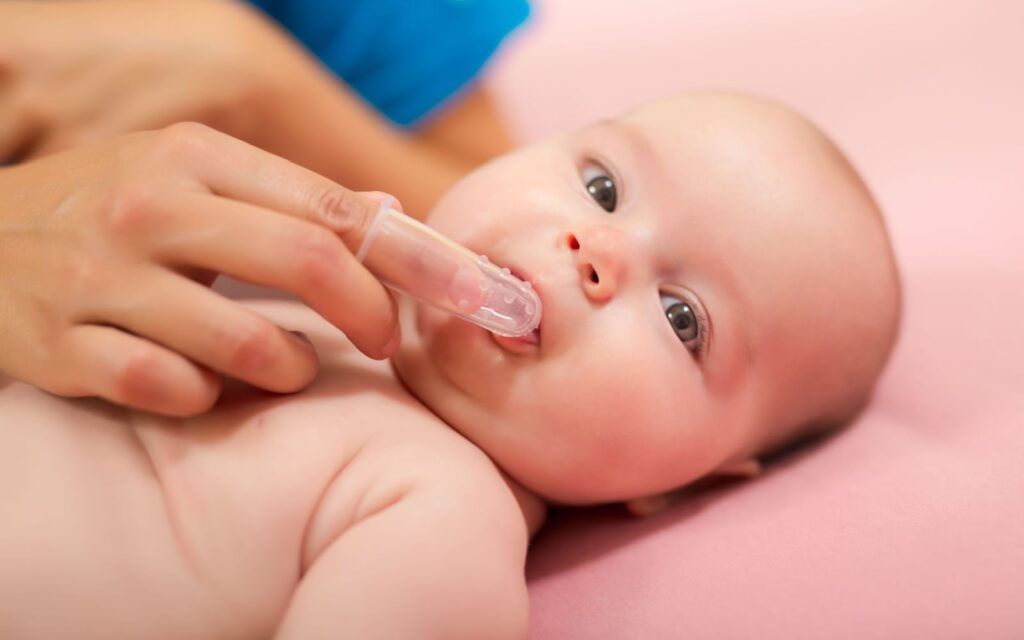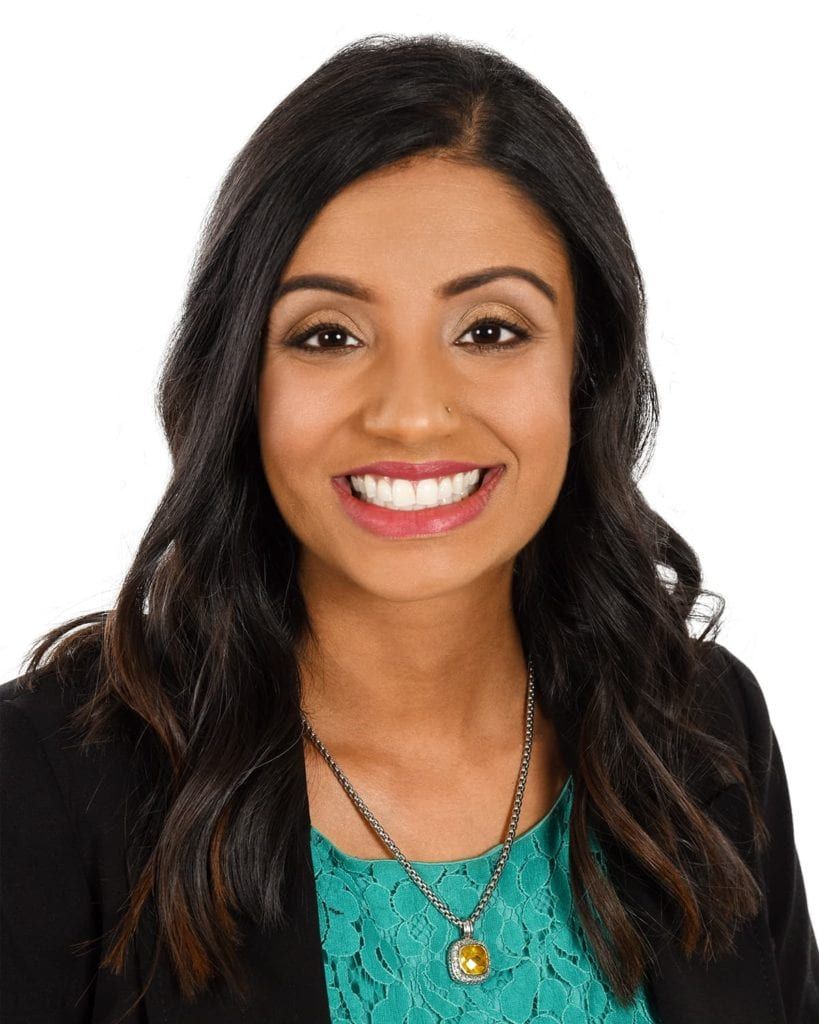One of the essential things in your infant’s life is oral care. But what can you do with a newborn to prevent oral issues? And how can you help your child avoid cavities? Ironically, bottles and breastfeeding can lead to infant cavities if you’re not careful. Now that you know your child can still get cavities, how do you prevent them?
What You Need To Know About Infant Oral Care
Most parents think they won’t have to visit the dentist until their child is older. The AAPD recommends your child have their first visit at a year old. Why? The sooner your child visits the dentist, the easier it is to prevent serious dental problems. Even if your child doesn’t have teeth yet, problems can still arise. Baby bottles and nursing can cause dental problems. And infants can still have gum disease. 50% of children between two and three have mild inflammation in their gums.
If your child has healthy teeth and gums, it can improve their speech, help them chew food properly, and improve their confidence when smiling. Before your child’s first tooth grows, caring for their teeth is essential. Milk and juice contain sugar and other foods they eat, which can lead to gum disease. If sugar is left in their mouths, it can fester and affect developing teeth.
You are essential in helping your child develop correct oral hygiene, and cleaning your child’s gums after birth is one way to help your child. It might take your child a while to get used to the sensation, but eventually, your child won’t mind. Teaching your child to accept oral care early lays a foundation for a healthy mouth. Please encourage your child, as they age, to brush and floss daily. Here are a few ways to clean your child’s gums and first teeth when they start to grow:
- Before teeth grow: Ensure your child is comfortable in your lap with their head close to the chest. Use a clean but damp washcloth on your baby’s gums. There are also terry-cloth finger coverings called “finger cots” that can be purchased for this purpose.
- When teeth start growing: Brush your child’s teeth three times daily. Use a soft-bristled brush and water until your child is two. Always ensure that your child doesn’t swallow toothpaste.
Once your child is older, teach them to brush and floss correctly. Start teaching them how to care for their teeth and gums. Set a good example for your child by ensuring they attend every dentist appointment.
Starting Oral Health Care Early
Oral exams for infants help prevent tooth decay and gum disease by keeping your child’s mouth healthy. Your pediatric dentist will answer any questions about your child’s mouth. Kids 360 Pediatric Dentistry is here to help. Schedule an appointment by calling our practice. It’s never too early to start caring for your child’s oral health. And the earlier you start, the lower your child’s risk for painful oral surgery is. Ensuring your child remains free of tooth decay and gum disease means smoother cleanings. Your child may even avoid fearing the dentist later in life with the correct oral hygiene habits.


